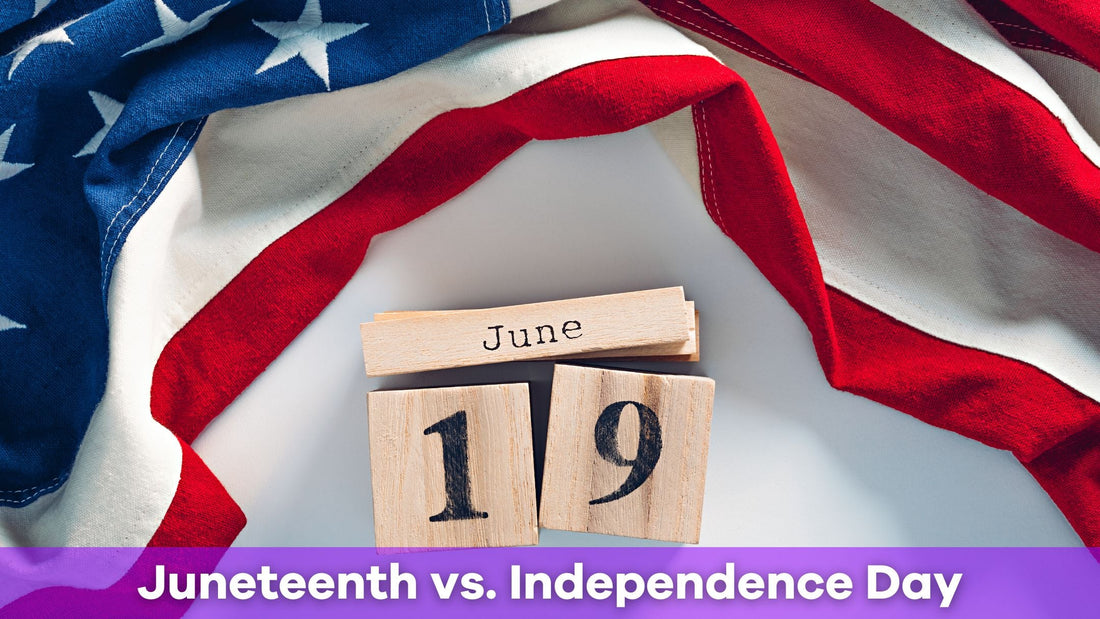The United States celebrates two significant holidays that symbolize freedom: Independence Day on July 4th and Juneteenth on June 19th. While both commemorate liberation, they represent different aspects of America's journey toward equality. Understanding the distinctions between these holidays provides a more comprehensive view of the nation's history and the ongoing pursuit of justice.
Historical Background
Independence Day: July 4, 1776
Independence Day marks the adoption of the Declaration of Independence on July 4, 1776, when the thirteen American colonies declared their freedom from British rule. This event laid the foundation for the United States as a sovereign nation. Celebrations include fireworks, parades, and patriotic displays, emphasizing national pride and unity.
Juneteenth: June 19, 1865
Juneteenth commemorates June 19, 1865, when Union General Gordon Granger arrived in Galveston, Texas, and announced the end of slavery, enforcing the Emancipation Proclamation issued two years prior. This day symbolizes the liberation of the last enslaved African Americans in the Confederacy. Juneteenth celebrations often feature cultural events, educational activities, and community gatherings.
Key Differences Between Juneteenth and Independence Day
1. Historical Context
-
Independence Day: Celebrates the colonies' declaration of independence from British rule in 1776.
-
Juneteenth: Marks the enforcement of the Emancipation Proclamation in Texas in 1865, symbolizing the end of slavery in the United States.
2. Date of Recognition
-
Independence Day: Recognized as a federal holiday since 1870.
-
Juneteenth: Became a federal holiday in 2021, reflecting a growing acknowledgment of its significance.
3. Cultural Significance
-
Independence Day: Represents national unity and the birth of American democracy.
-
Juneteenth: Highlights the struggles and resilience of African Americans, emphasizing the ongoing journey toward racial equality.
Celebrating Both Holidays
Recognizing both Independence Day and Juneteenth allows for a more inclusive understanding of American history. While July 4th celebrates the nation's founding principles, Juneteenth acknowledges the delayed realization of those ideals for all citizens. Together, they offer an opportunity to reflect on the progress made and the work that remains in achieving true equality.
Embracing a Comprehensive History
Understanding the distinctions between Juneteenth and Independence Day enriches our appreciation of America's complex history. By honoring both holidays, we acknowledge the diverse experiences that have shaped the nation and reaffirm our commitment to the principles of freedom and justice for all.
Sources for Further Reading:
-
National Museum of African American History and Culture:
The Historical Legacy of Juneteenth -
History.com:
The Fourth of July - History, Celebrations & Traditions -
History.com:
What Is Juneteenth?


